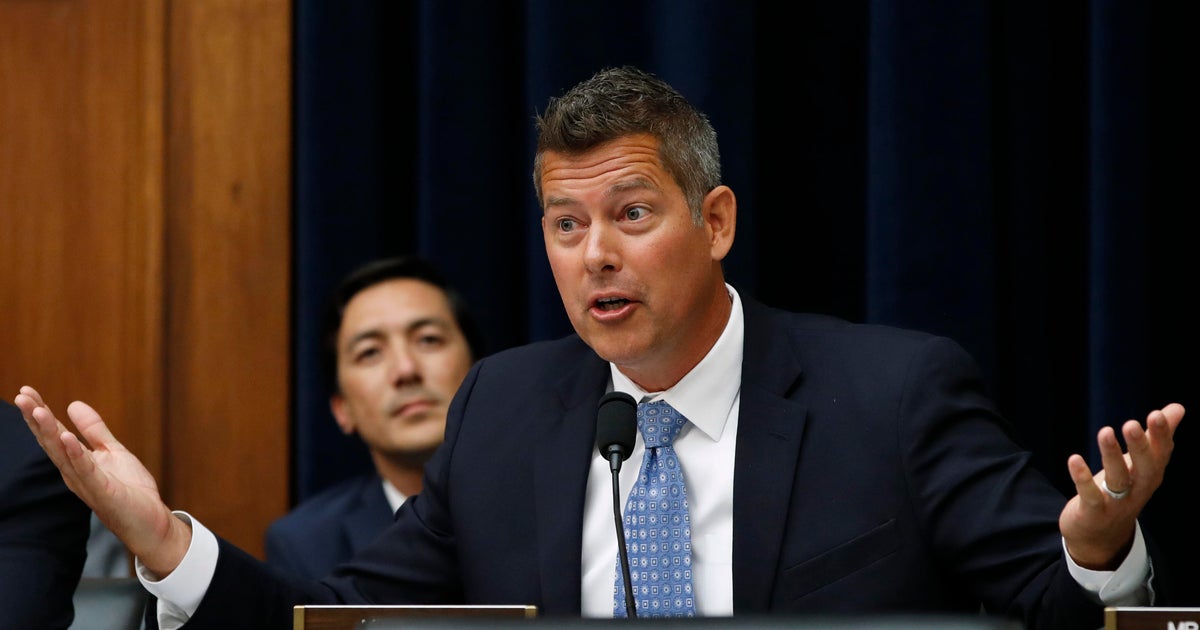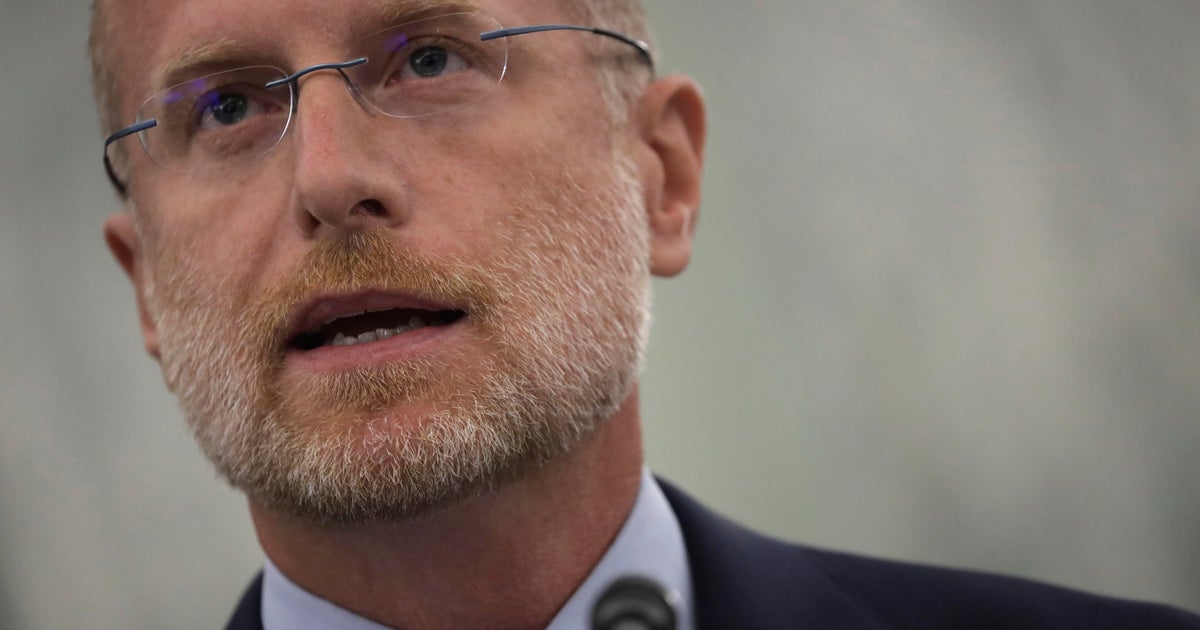Here's why Trump canceled the North Korea summit
President Trump's decision to write a letter to Kim Jong-Un calling off the June 12 Singapore summit with North Korea came down to a "trail of broken promises," one White House official put it Thursday.
The president's letter to North Korean leader Kim Jong Un — a letter he dictated, the White House official told reporters in a conference call Thursday afternoon — blamed "tremendous anger and open hostility" in a recent North Korean statement. But the White House official cited North Korea's objection to a routine annual military exercise, North Koreans' failure to show up when the U.S. sent and advance team to Singapore, an inability to verify North Korea's claims it destroyed its nuclear cite, and unreturned communications as contributing reasons.
It was Mr. Trump who made the decision Thursday morning to call off the June 12 summit, CBS News' Margaret Brennan reports, according to a senior administration official. Mr. Trump met with national security adviser John Bolton, Secretary of State Mike Pompeo, and Vice President Mike Pence. Some on the "staff level" — specifically chief of staff John Kelly — were also involved in the discussion.
The decision to scuttle the summit came after a late-night huddle between Pompeo, Bolton, the vice president and the president, following a North Korean statement slamming Pence. That statement was issued Wednesday night, and then generated the late-night conversation.
The regime's statement Wednesday night may have been the final straw, but in recent days, prospects for the summit itself had been dimming, as North Korea appeared to be trying to "move the goal posts" for the meeting, specifically on the issue of the military exercises. Mr. Trump alluded to this recently, when he had raised questions about whether the summit would take place.
Another factor was the North Koreans' silence over the past five to 10 days, Brennan reports. Communications had "basically ceased" in the words of this senior administration official, despite outreach by Pompeo and South Korea. South Korean President Moon Jae-in did not have much new information when he came to the White House two days ago.
Brennan was also told that Pence's recent reference to the so-called "Libya model" during an appearance this week on Fox News wasn't a deliberate effort to provoke the North. Pence had apparently been trying to clarify and use similar language to that of the president, when he talked about the "Libya model."
The "Libya model," as far as North Korea is concerned, was an abject failure, given that Libyan dictator Muammar Qaddafi ended up dead eight years after giving up his nuclear weapons program. National Security Adviser John Bolton suggested to Brennan on "Face the Nation" last month that the "Libya model" could be applied to North Korea, but the North reacted poorly, and Mr. Trump construed it as a threat that would apply only if Kim Jong Un did not denuclearize the Korean peninsula.
Pompeo publicly claimed Thursday during congressional testimony that Bolton's original remarks about Libya were not meant as a veiled reference to the death of Qaddafi in 2011, but rather to the process used by the Bush administration in 2003-2004 to disarm Libya and welcome it into the international community.
The change in tone from the North, referencing a nuclear showdown, and the military exercise rhetoric indicated that something was changing. The president has an "inkling" of what that is and has publicly suggested that China may be meddling with the diplomatic efforts. Brennan specifically asked the official if the past few days of trade tension with China, as well as the decision yesterday by the U.S. to disinvite China from military exercises had accounted for the shift. This official said that is "definitely a piece of it."
The president, however, is still open to a meeting with Kim at a future date. The White House wants to see how the North responds to today's letter.
Asked whether Pompeo and Bolton seem to be saying different things when it comes to plans for the North, the senior administration official told Brennan that Pompeo simply has to take a different tone because he is the diplomat -- but that the two are on the same page.
Mr. Trump and Kim have not spoken, a White House official told reporters, but have rather communicated through Pompeo.
— CBS News' Jacqueline Alemany contributed to this report.



